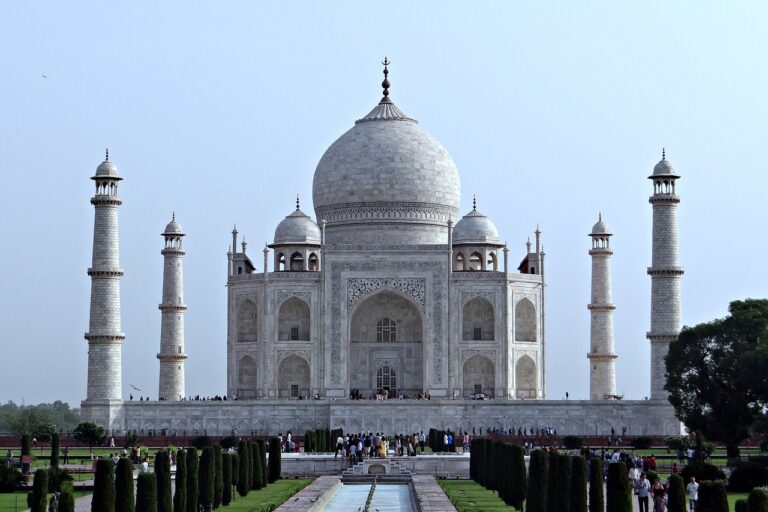Exploring the Role of Political Debates in Shaping Public Opinion
Political debates have been a cornerstone of democratic societies for centuries. Dating back to ancient Greece, where philosophers engaged in intellectual discourse to influence public opinion, debates have served as a platform for exchanging ideas and shaping political discourse. Over time, these debates evolved into formalized events, with structured formats and rules to ensure fairness and equity among participants.
The emergence of mass media in the 20th century further transformed political debates, allowing for broader reach and increased accessibility. With the advent of radio, television, and now social media, debates have become highly publicized events that can sway public opinion and shape political narratives. The historical evolution of political debates showcases the ongoing importance of discourse and dialogue in shaping the direction of societies and governing systems.
The Influence of Media on Political Debates
Media plays a pivotal role in shaping political debates by providing a platform for candidates to communicate their policies and engage with the public. Through televised debates, online discussions, and news coverage, the media can amplify the reach and impact of these debates, influencing public opinion and perceptions of candidates.
Moreover, the media’s framing and portrayal of political debates can significantly impact how audiences perceive and interpret the discussions. The choice of language, visuals, and emphasis on certain topics can influence viewers’ understanding and attitudes towards the candidates and their policies. Media coverage can also contribute to the polarization of political debates by highlighting differences and conflicts rather than promoting constructive dialogue.
The Impact of Political Debates on Voter Behavior
One of the key factors in determining voter behavior is the perception of candidates during political debates. Voters often rely on these debates to gauge the competency, charisma, and credibility of those running for office. The way candidates present themselves, handle tough questions, and articulate their policies can greatly influence how voters view them and, ultimately, how they cast their votes.
Moreover, political debates serve as a platform for candidates to showcase their knowledge, leadership capabilities, and vision for the future. A strong performance in a debate can significantly sway undecided voters, as it provides them with valuable insights into a candidate’s values and priorities. Conversely, a poor showing can lead to a loss of voter confidence and support. Ultimately, political debates play a crucial role in shaping voter perceptions and, consequently, influencing electoral outcomes.
• Candidates’ presentation, handling of tough questions, and articulation of policies influence voter perception
• Debates showcase candidates’ knowledge, leadership capabilities, and vision for the future
• Strong debate performance can sway undecided voters towards a candidate
• Poor showing in debates can lead to loss of voter confidence and support
How have political debates evolved over time?
The Historical Evolution of Political Debates section in the article discusses how political debates have evolved from the early days of radio broadcasts to the televised debates we see today.
How does the media influence political debates?
The Influence of Media on Political Debates section in the article explains how the media plays a crucial role in shaping the narrative and impact of political debates through coverage and analysis.
What is the impact of political debates on voter behavior?
The Impact of Political Debates on Voter Behavior section highlights how political debates can sway undecided voters, shape public opinion, and influence voting decisions based on candidates’ performance and policy positions.







